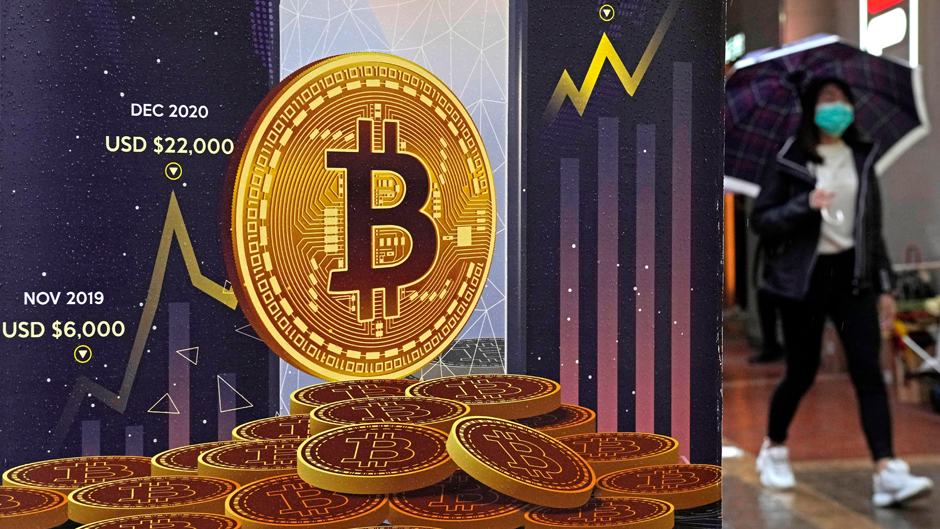Crypto customers lost billions of dollars in late 2022 when the currency exchange FTX collapsed and Sam Bankman-Fried, the public face of the industry, was convicted of fraud and sentenced to prison. Many proclaimed crypto was “dead.”
Yet over the past year, the crypto industry has made a surprising recovery. Some media reports suggest the resurgence has been fueled by the efforts of bankruptcy experts who managed to recover a good deal of the assets lost and have since guaranteed repayment to their customers.
David Andolfatto, chair of the University of Miami Patti and Allan Herbert Business School’s Economics Department, however, dismissed the role of the bankruptcy experts.
“The resurgence has little to do with bankruptcy experts and more to do with the fact that the value of the underlying assets, bitcoin in particular, has increased dramatically,” said Andolfatto, a former executive in the research division of the Federal Reserve Bank of St. Louis.
“Keep in mind that investors who sold off their FTX claims in the depths of the crisis lost money. Even those investors who hung on and are now receiving their money back with interest are losing out in the sense that their investments would be worth a lot more today had FTX not filed for bankruptcy,” he added.
Andolfatto pointed to FTX’s reorganization plan that proposes to pay its customers back in full, plus interest.
According to the plan, if someone had a bitcoin on FTX at that time in November 2022, it was worth $18,562. The recovery outlined in the plan works out to approximately $21,903.
Andolfatto highlighted that if investors still had their bitcoin, based on the BTC price hike, it would be worth $61,923 today.
Miami School of Law alumnus Justin Wales, the head of legal for the Americas with Crypto.com and the author of The Crypto Legal Handbook, emphasized that the industry has continued to mature, an evolvement that has attracted institutional investors. Certain court rulings, too, have opened new doors.
“A federal appellate court reversed the SEC's [Security Exchange Commission) rejection of a spot bitcoin ETF (exchange-traded fund) which opened the gates for several institutionally offered Bitcoin vehicles by large asset managers that have performed very well,” Wales pointed out.
He noted too that the success of the bitcoin ETFs has drawn in additional investors and that other spot institutional vehicles are likely in the future, including an ether ETF as early as the end of the summer.
“These types of institutional offerings tend to derisk the asset class and provide an easier path forward for what are typically conservative investors to diversify to digital assets,” Wales added.
Mainstream customers seem to be increasingly interested in cryptocurrency for their retirement accounts specifically because of these ETFs, which are baskets of assets, and a number of court rulings have opened the door for crypto to enter the mainstream economy.
“Although the whole point of BTC was to bypass intermediaries, it turns out that people love intermediaries,” Andolfatto said. “It is just more convenient for most people to hold BTC via an intermediary.
“For individuals, it may make sense to hold a small part of their retirement wealth in the form of BTC or gold,” Andolfatto added. “Though from a societal perspective, it provides little, if any, benefit for purchasing power to be stored in this manner.”
Some financial specialists have suggested that crypto’s inroads into the mainstream economy may increase systemic vulnerability, yet Wales said he’d seen no evidence of systemic risk.
Aldolfatto agreed, noting that “apart from the usual problems with scam artists,” crypto’s advances toward mainstream acceptance pose no exceptional risk.

